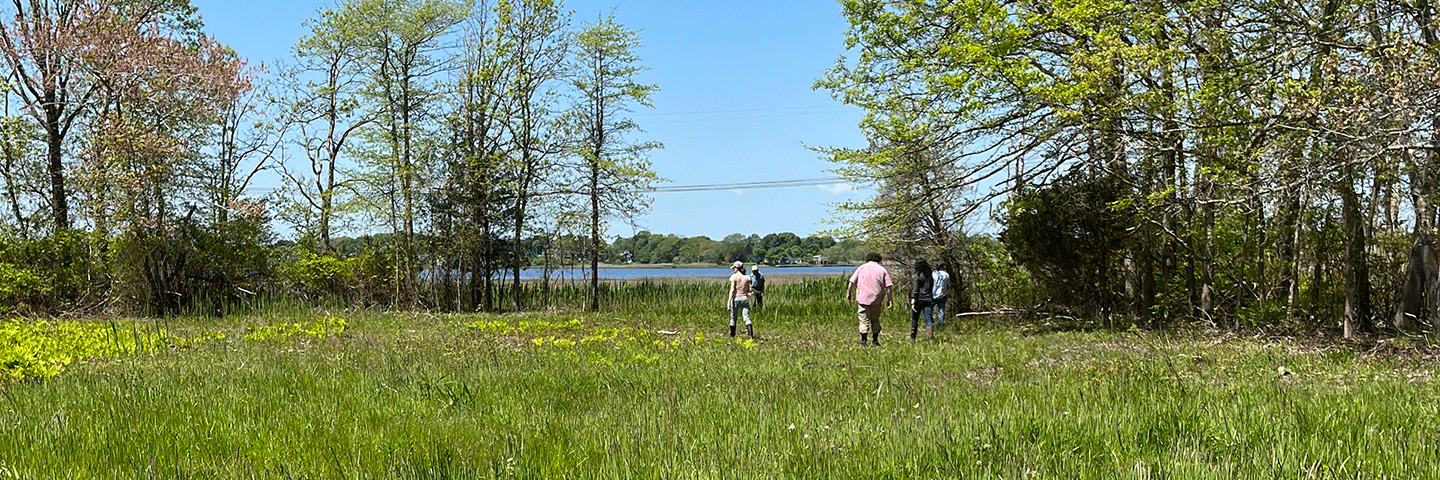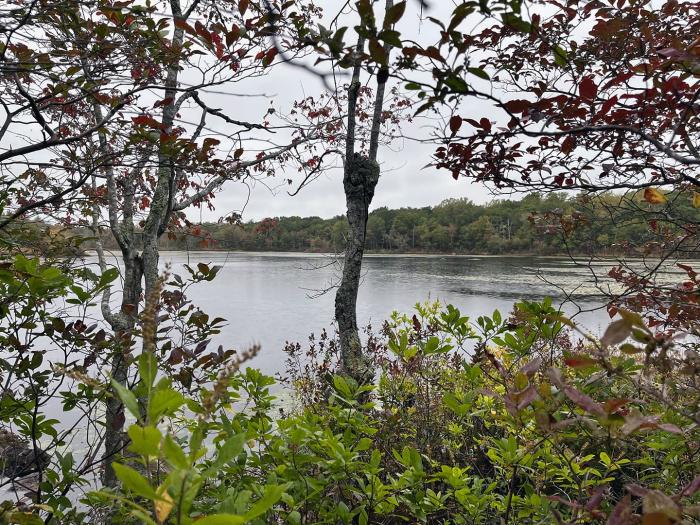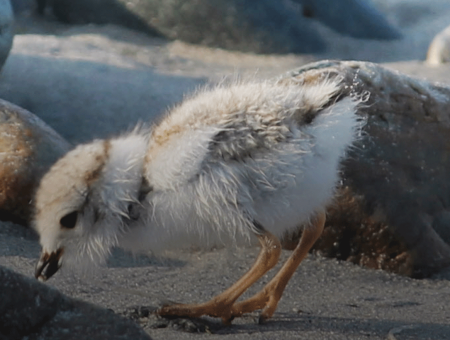
The Rhode Island Ecological Sciences staff lead the technology in ecological, cultural resource, and environmental compliance to ensure science-based conservation for NRCS in the Ocean State.
NRCS Supports Our Farmers through Science & Research
Rhode Island Ecological Sciences staff provide training and resources for NEPA environmental compliance and resource concern assessment under the NRCS 9-step Conservation Planning process. The conservation practices we promote are backed by science and research conducted with our land grant universities, and proven to work. We use the latest research and technology to demonstrate the value of conservation and identify places that can most benefit from our programs.
We provide the information producers, partners, and policymakers rely on to make informed decisions. We generate, manage and share the data, research and standards that enable partners and policymakers to make decisions informed by objective, reliable science.
We provide resources, tools and training to examine how voluntary conservation impacts working lands. We conduct resource assessments and provide environmental compliance assistance, evaluating EQIP, CSP and ACEP projects, and updating Rhode Island conservation practice standards and specifications. We also provide technical training to staff and partners for conservation planning, high tunnels, threatened & endangered species protection, wetlands restoration, and cultural resources identification and preservation.
Focus Areas

- Agronomy
- Biology
- Cultural resources
- Fish & wildlife
- Forestry
- Native plants (NRCS PLANTS Database)
- Oyster reef restoration
- Pasture management
- Pollinators
- Resource Concerns
- Rhode Island soils
- Soil health
- Urban agriculture
- Watershed planning
- Wetland restoration
What's New?
What We Do
Our Ecological Sciences team integrates agricultural, ecological, environmental, fish and wildlife, cultural legacy and energy concerns into all NRCS programs. We consult with our NRCS conservation planners and partners to help farmers and landowners develop appropriate land use, conservation treatment, and associated conservation measures. We validate, develop, and implement new technologies to assess conditions in soil, water, air, plant, animal, and energy resources.
The team develops policies and guidelines for NRCS compliance with federal, state and local laws, regulations, and executive orders pertaining to ecological sciences disciplines. We provide policy guidance and update the Rhode Island Field Office Technical Guide (FOTG), which provides all of our Conservation Practice Standards and supporting documents and guidelines.
Ecological Sciences provides guidance, expertise, and employee and partner training for erosion prediction and control, nutrient management and comprehensive nutrient management plans, pest management, forestry, fish and wildlife management, highly erodible land and wetland compliance, air quality, invasive species and pollinators, pasture management, water quality, soil quality, historical and cultural resources, and organic and urban farming.
We provide leadership for farm management and sustainable agriculture practices, and follow-up or spot-check conservation practices related to crop, pasture, and forest improvements.

Field Office Technical Guide
Search the Rhode Island Field Office Technical Guide (FOTG) for natural resources data and reports, resource concerns and planning criteria, conservation practices and conservation effects.


